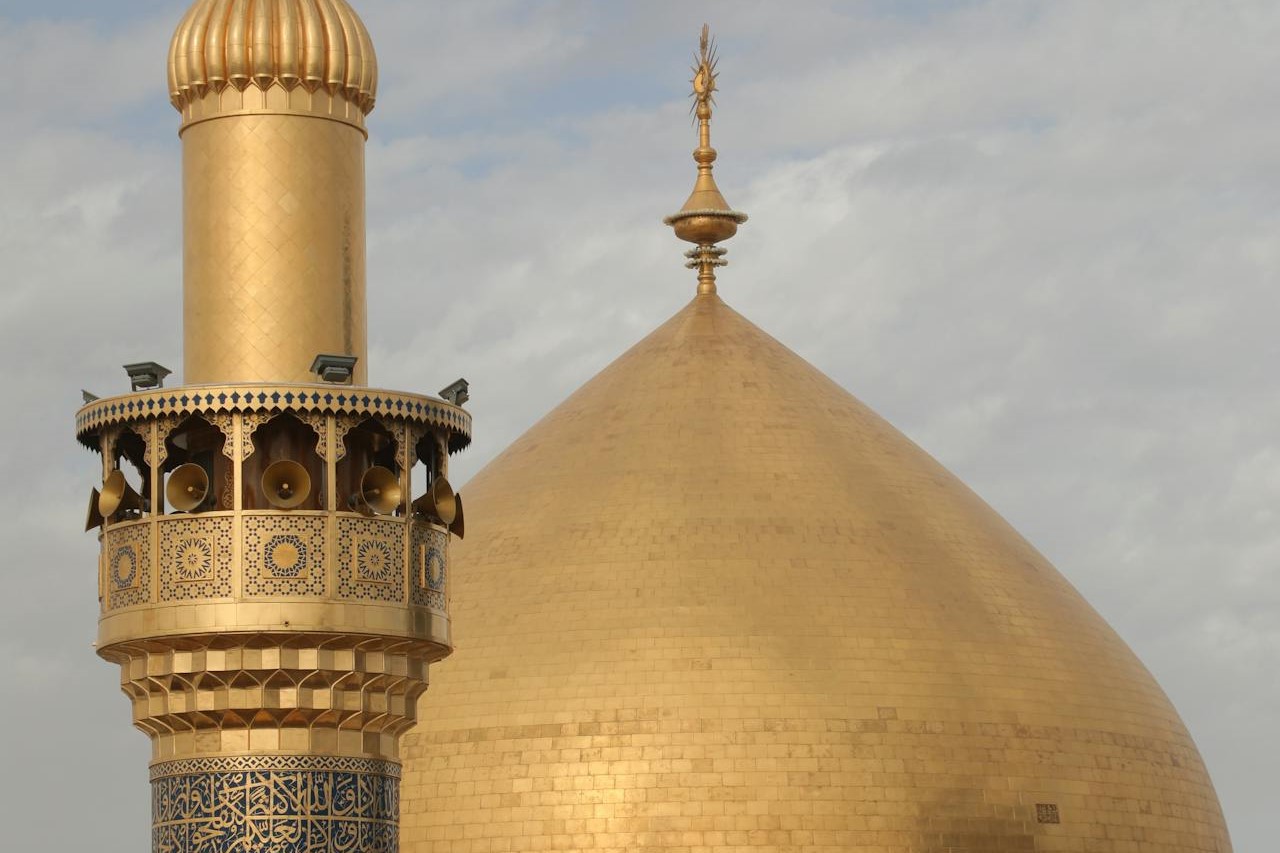A Comprehensive Guide to Observing The Day of Ashura!
Month of Moharram, the first month of the Islamic calendar, holds a special place in the hearts of Muslims around the world. It marks the beginning of the Islamic New Year and is considered one of the four sacred months in Islam, during which warfare is traditionally forbidden. The significance of Muharram goes beyond its position in the calendar; it is a time of reflection, gratitude, and remembrance.
For the Muslim community, Muharram is islamic new year celebration, an opportunity to renew their faith, and to seek forgiveness for past sins. The month is often associated with acts of charity and increased devotion. But what truly sets Muharram apart is the Day of Ashura, the 10th of Muharram, which holds profound historical and religious significance.
In this blog post, we will explore the importance of 10th Muharram in Islam and its historical religious, and cultural impact on the lives of Muslims. By the end of this read, you will have a deeper understanding of why the day of Ashura is so revered in Islam and how this whole month continue to influence the lives of Muslims today.
Historical Background of the Day of Ashura
The Day of Ashura in Islam has a rich historical background that dates back to the time of the Prophets. It is believed to be the day when Adam (may peace be upon him), was born. It was on this very day that he was granted access to Paradise and his repentance was deemed acceptable. On the same day, Allah brought Yunus out of the belly of a fish. Prophet Musa (Moses) and the Israelites were saved from Pharaoh’s tyranny by the miraculous parting of the Red Sea. On that day there will be an earthquake of the Hour, and the whole universe will be destroyed as an end, and then there will be reckoning on the Day of Resurrection.
The day of ashura is commemorated by Muslims through fasting, as a way to express gratitude for God’s mercy and deliverance.
But the significance of Ashura does not end there. In the Islamic tradition, Ashura is also a day of immense sorrow and mourning due to the martyrdom of Imam Hussein, the grandson of Prophet Muhammad. Imam Hussein’s stand against the Umayyad Caliphate in the Battle of Karbala is a story of courage, sacrifice, and unwavering faith.
The dual significance of Ashura—both as a day of deliverance and a day of martyrdom—makes it a unique and deeply emotional occasion for Muslims. It serves as a reminder of the eternal struggle between good and evil, and the importance of standing up for justice, even in the face of overwhelming odds.
Significance of Fasting on the Day of Ashura
One of the most notable observances of this day is fasting on Ashura. The practice of fasting on Ashura predates Islam and is rooted in the traditions of the earlier Prophets. According to Islamic tradition, Prophet Muhammad observed fasting on this day and announced a reward for fasting Ashura as:
“Fasting on the day of Ashura expiates the sins of the previous year” (Muslim)
The act of fasting on the 10th of Muharram serves multiple purposes. Firstly, it acts as a form of repentance and purification, allowing Muslims to seek forgiveness for their past sins. Secondly, it fosters a sense of unity and solidarity among the Muslim community, as they come together to observe this important day.
Fasting on Ashura Hadith
In the year before His death, when the Prophet (peace be upon him) was told that the Jews also fast on 10th Muharram as a mark of thanksgiving, he said:
“If I live until the next year, I will fast on the ninth day in addition to 10th of Muharram.”
Ibn ‘Abbaas (may Allah be pleased with him) said:
“Fast on the day of Ashura and unlike the Jews, fast a day before it or a day after it.”
Therefore, the jurists have declared the fasting on 9th of Muharram with Ashura as mustahabb.

Observance of Muharram Around the World
The observance of Muharram and Ashura varies across different cultures and communities within the Muslim world. In some regions, the focus is primarily on fasting and prayer, while in others, elaborate processions and reenactments of the Battle of Karbala are held.
In countries like Iran and Iraq, the commemoration of Ashura takes on a particularly grand scale, with millions of people participating in processions, recitations, and acts of charity. In South Asia, particularly in India and Pakistan, Ashura is marked by large gatherings, where the story of Karbala is recited, and people engage in acts of self-flagellation as a form of mourning.
Despite the differences in observance, the underlying themes of Ashura—sacrifice, justice, and remembrance—remain constant. These shared values bind the Muslim community together and serve as a source of strength and unity.
Acts of Charity and Community Service
Muharram is also a time for increased acts of charity and community service. Many Muslims see this month as an opportunity to give back to their communities and help those in need. Acts of charity can take various forms, such as distributing food to the poor, donating to charitable organizations, or volunteering time and effort to community projects.
These acts of kindness and generosity are in line with the teachings of Islam and serve to strengthen the bonds within the community.
Ibn Mas’ud (may Allah be pleased with him) reported that the Prophet (peace and blessings of Allaah be upon him) said:
“Whoever expands the expenses of his family on the day of Ashura, Allaah will increase his wealth throughout the year.”
Sufyan (may Allaah have mercy on him) said: “When we tested it, we found it so.” (Razin)
The Importance of Unity and Solidarity
One of the central themes of Muharram and Ashura is the importance of unity and solidarity within the Muslim community. The story of Karbala is a testament to the strength that comes from standing together in the face of injustice. It serves as a reminder that, despite differences in culture, language, or sect, Muslims share common values and beliefs that bind them together.
During Muharram, Muslims come together to commemorate the events of Ashura, participate in communal prayers, and engage in acts of charity. These collective activities foster a sense of belonging and strengthen the bonds within the community.
By emphasizing unity and solidarity, Muharram encourages Muslims to support one another and work together to uphold the principles of justice, compassion, and integrity.
Conclusion
Muharram and the Day of Ashura hold profound significance for Muslims around the world. They are a time for reflection, remembrance, and renewal of faith. By understanding the historical and religious importance of these days, Muslims can deepen their connection to their faith and find inspiration to lead lives of integrity and compassion.
We encourage you to take the time to learn more about the history and significance of Muharram and the Day of Ashura. Engage in acts of worship, participate in community activities, and reflect on the lessons of Karbala. By doing so, you can honor the memory of the martyrs and uphold the values they stood for.
If you wish to explore more about the significance of Muharram and how to observe it, consider joining our educational programs. Together, we can strengthen our faith and build a more compassionate and just community.







